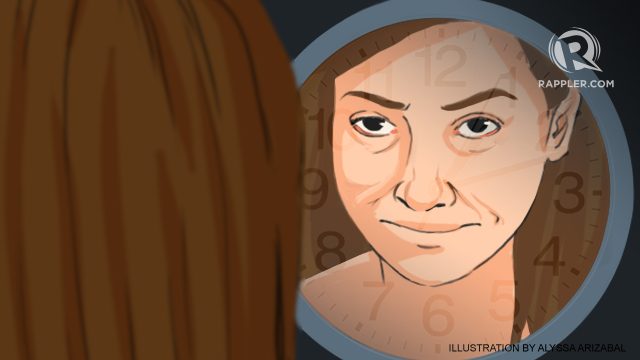SUMMARY
This is AI generated summarization, which may have errors. For context, always refer to the full article.

At what age should you start to worry about growing old? A study recently published in the Proceedings of the National Academy of the US has just given us reason to do so at age 26 or perhaps even earlier.
All of us age, but depending on our genes and the circumstances we choose or find ourselves in, we age at different rates. This is obvious when you look at yourself and the people you know or know of but see only once every few years. You will notice that relative to one another, the years make their mark on each of us in different ways.
Most studies on aging deal with older people – when they are already burdened with chronic diseases that are associated with aging. Then we study their past and come up with insights on how we could address the problems that go with aging. But there are also studies like this one that challenge this and ask if we can already quantify aging in the young in order to predict the problems when they grow older.
This study first established that among their over 900 subjects, all aged “38”, they all registered different biological ages even if none of them had yet shown signs of age-related chronic diseases. They found that at age 38, their subjects’ biological ages ranged from 28 to 61! Imagine, at 38, you could have already aged at almost double the pace of real time.
So the researchers tested if these differences could be accounted for by what has been happening in their minds and bodies before they reached “38”. They went back to the measurement data they had taken 12 years before and that was where they saw that aging creeps on us already at 26.
The things they checked were called “biomarkers” of aging which included the deterioration has happens in identified body systems including cardiovascular, gums/teeth, kidney, pulmonary, immune system and DNA across time. Then they checked the decline of abilities to perform physical tasks, cognitive decline as well as looking older.
With their biomarkers in focus, those who showed signs that they were older than their chronological age of 38 have really aged at a faster rate in terms of the deterioration of their organ systems as well as DNA starting at least when they were barely out of their twenties. The “younger” ones showed that their body systems aged slower and indeed, even performed better in physical and cognitive tasks. The “older” ones also reported worse health for themselves and were also perceived to “look older” (than “38”) by independent raters.
This means that youth is already ripe for the clear signs of aging and that we do not have to wait till we are middle-aged for it. The researchers say that this proves that we can start anti-aging interventions in youth and they do not only refer to maintaining youthful appearances.
It is usually at middle age that we scramble to find the potions that will slow down the speed at which the slings of time hit us. We look at the mirror, confront our aging selves and sometimes panic. This study is telling us that time’s ravages do not sneak on you only later in life. Its stealthy hand is already at work when you feel like you are you are on top of your game in your twenties so that we can already be conscious of how our choices in life influence the rate and way we age. The challenge now is to get these ones in their youth who feel that they will be “forever young” to come to grips with the fact that nature’s track is really playing “forever old”. – Rappler.com
Add a comment
How does this make you feel?
There are no comments yet. Add your comment to start the conversation.